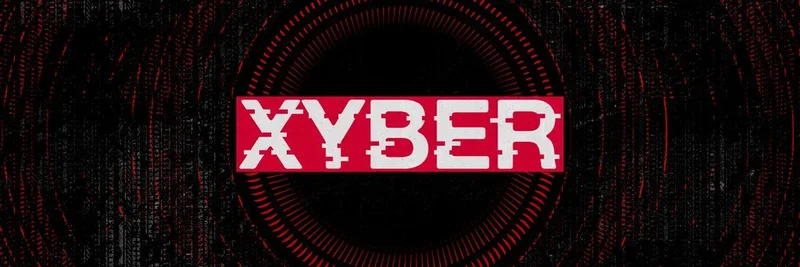In the ever-evolving world of cryptocurrency, few topics spark as much debate as privacy coins. Recently, a thought-provoking tweet from Dylan Bane, Senior Research Analyst at Messari, has the crypto community buzzing. He poses a bold question: Will Zcash (ZEC) climb to a top 5 token by market cap in the next decade? Dylan Bane's Tweet
This tweet quotes a Messari podcast episode where the research team chats with Mert Mumtaz, CEO of Helius Labs—a key player in Solana infrastructure. They dive deep into the privacy landscape in crypto, Zcash's comeback story, Solana's booming DeFi scene, and the regulatory and technical challenges ahead.
For those new to Zcash, it's a cryptocurrency launched in 2016 that stands out for its privacy features. Unlike Bitcoin, where all transactions are public on the blockchain, Zcash uses zero-knowledge proofs (ZK proofs)—a fancy way of verifying transactions without revealing details like amounts or addresses. This allows users to choose between transparent and shielded (private) transactions, offering flexibility that's appealing in a world increasingly concerned with data privacy.
The hype around Zcash isn't just talk. Over the past month, ZEC has surged nearly 6x, and in the last two weeks alone, it's up a staggering 240% to around $165.[9] What's driving this? Mert Mumtaz has been a big cheerleader, posting on X about Zcash's potential and even predicting it could hit $1,000.[9] He argues that Zcash has superior privacy and scalability compared to rivals like Monero, backed by fresh talent and a dedicated community.
In the podcast, Mert breaks down the "privacy meta," separating hype from reality. He emphasizes why privacy is crucial for crypto's future, highlighting advancements in technologies like ZK proofs, fully homomorphic encryption (FHE), and multi-party computation (MPC). These tools are making private transactions more user-friendly and scalable, potentially positioning Zcash as a leader in the space.[0]
They also touch on Solana's growing DeFi ecosystem, where high-speed, low-cost transactions are attracting developers and users. Privacy features could supercharge this, allowing for confidential DeFi activities that protect user data from prying eyes.
But it's not all smooth sailing. Regulatory hurdles loom large—governments worldwide are scrutinizing privacy coins for potential misuse in illicit activities. Technical challenges, like ensuring scalability without compromising security, remain key obstacles.
Community reactions to Dylan's tweet are mixed. Some skeptics argue Zcash isn't "real private" enough, while others praise the solid privacy narrative and bet on it reaching top 5 status in this market cycle. One reply notes, "Top five only if shielded txs become default, merchant rails exist, and regs don't kill it."
At Meme Insider, while we focus on meme tokens, Zcash's story offers valuable lessons. The meme-like hype around its resurgence shows how strong narratives can drive massive gains in crypto. Privacy could also play a role in meme token ecosystems, enabling anonymous trading and community building without exposure.
Whether Zcash achieves BTC-like upside remains to be seen, but with endorsements from figures like Mert, Chris Burniske, and even Naval Ravikant calling it "insurance against Bitcoin,"[9] it's definitely one to watch. If you're into blockchain privacy or looking for the next big mover, tune into the Messari podcast for the full scoop.

